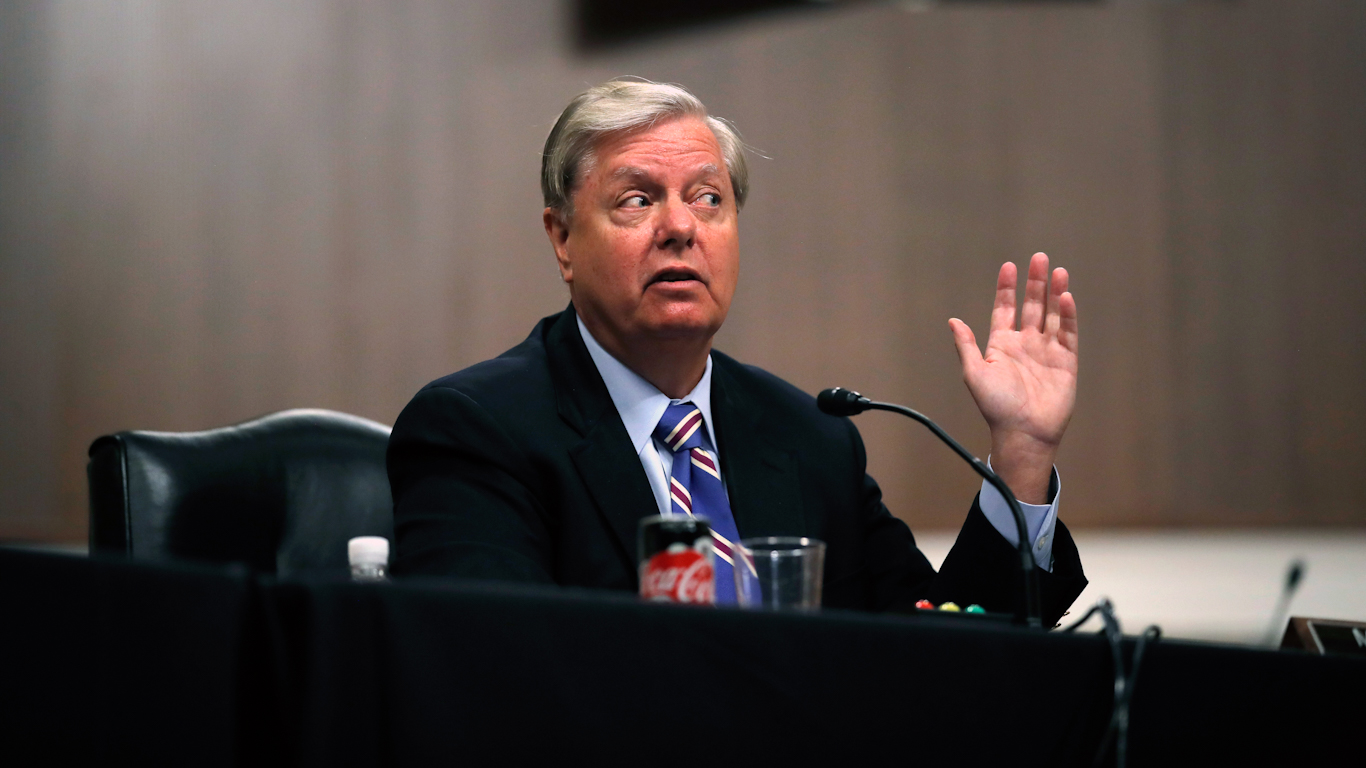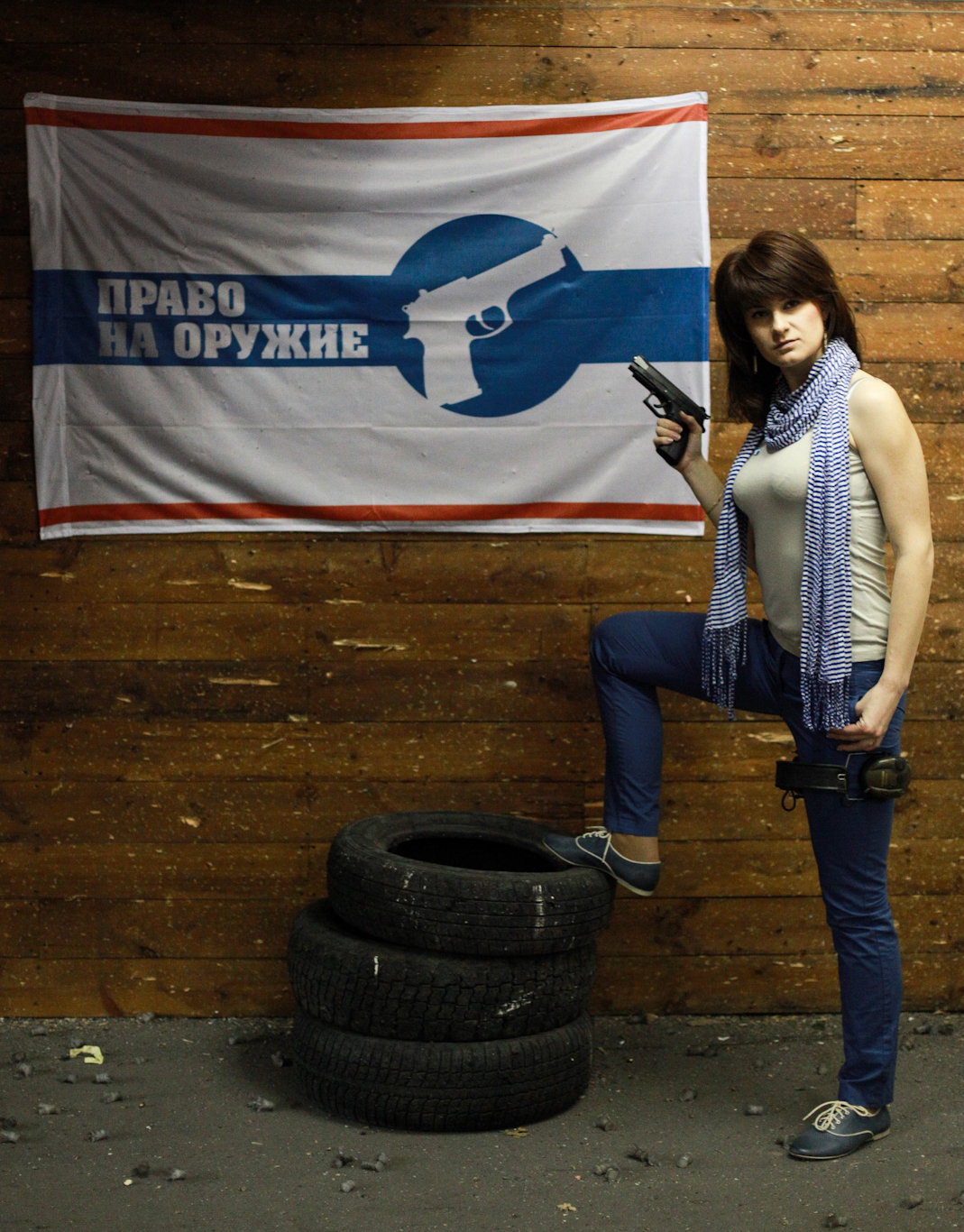
How a Senate Inquiry Revealed the Israeli Surveillance Industry’s Role in Orchestrating Russiagate
A Senate investigation reveals that a consortium of Israeli hacking and surveillance firms coordinated and facilitated meetings between Trump campaign operatives and Russia during the 2016 campaign, but they don’t really want to talk about it.
Alleged Russian interference in the 2020 presidential election is headline news, once again, as a Ukrainian lawmaker is charged by the Trump administration “in a sweeping plot to sow distrust in the American political process,” reports the Associated Press. Microsoft also made claims that it detected “hacking attempts targeting U.S. political campaigns, parties and consultants” by agents from Russia, China, and Iran. In a September 10 blog post, Microsoft’s Tom Burt, Corporate Vice President of Customer Security & Trust, listed three groups from each region that Microsoft “observed” carrying out their cyber operations.
Rarely in the news, however, is the role played by Israeli cybersecurity startups in the creation of the Russiagate narrative itself. Incubated within the Israeli military apparatus and benefiting from an uninterrupted stream of billions in U.S. taxpayer dollars, these “private Mossads” have been present behind the scenes throughout the numerous Russia-related scandals fomented by the mainstream press to sow partisan discord among the American electorate and line the pockets of network executives.
Evidence of their activities has been exposed – though not pursued – in the latest volume of a U.S. Senate Intelligence Committee investigation on Russian interference in the 2016 presidential election, which shows how then-candidate Donald Trump personally embarked on a parallel campaign on behalf of Israel to block a UN resolution condemning Israeli settlements in the West Bank and East Jerusalem.
Originally submitted by Egypt, UNSCR 2334 strips Israeli settlements beyond the 1967 borders of any “legal validity” in the eyes of the international community and brands them a “flagrant violation under international law.” Russia, a permanent member of the UN Security Council, had refused all of the advances made by Trump’s operatives to use its veto power against the measure, and Trump himself would prevail upon Egyptian President al-Sisi – whom Trump calls his “favorite dictator” – to withdraw the declaration. Together with Israeli pressure, UNSCR 2334 seemed destined to languish in obscurity as Egypt acquiesced and delayed the vote to “permit them to conduct an additional meeting of the Arab League’s foreign ministers to work on the resolution’s wording.”
The Senate’s inquiries uncovered a consistent thread of IDF-linked cybersecurity firms and intelligence assets coordinating and facilitating meetings between the coterie of Russian characters that make up the Russiagate universe and the Trump campaign, including protagonists like Guccifer 2.0, the hacker who released Hilary Clinton’s infamous emails to Wikileaks via a cell phone registered in Israel.
George Birnbaum, a former chief of staff to Benjamin Netanyahu and GOP operative, told the committee how Trump aide Rick Gates had inquired about using “Israeli technology” to collect dirt on opponent Hillary Clinton at a March 2016 meeting, explaining to the senators what would be so attractive about Israeli companies, specifically:
“These guys came out of the military intelligence army unit, and it’s like coming out with a triple Ph.D. from MIT. The amount of knowledge these guys have in terms of cybersecurity, cyber-intelligence… [is] just so beyond what you could get [with] a normal education that it’s just unique … there are hundreds and hundreds of Israeli start-up companies that the founders are guys who came out of this unit.”
The unit Birnbaum is referring to is the IDF’s Unit 8200, where these “hundreds and hundreds” of tech startups are born right in the bowels of the Israeli national security state and propagate throughout the world and the United States, in particular.
Described as “private Mossads” for hire, many of the Israeli hacking and surveillance firms that moved behind the scenes, brokering meetings between Trump’s people and Russian oligarchs like Oleg Deripaska during the height of the so-called Russian “collusion,” were working through a “key middle man” with close ties to then-Trump National Security Adviser, Michael Flynn, who was himself also working in an advisory capacity with the “consortium of cyber-spy companies run by former Israeli intelligence officers” known as the NSO Group, that is comprised of several of the Israeli startups summoned before the committee for voluntary, closed-door testimony.
While the American public was fed one Russophobic scandal after another, and Robert Mueller held court in the press for two years straight, no one – especially Mueller – was paying attention to this perverse network of Israeli surveillance companies who operated the virtual scaffold upon which the Russiagate narrative was being constructed and whose fellow Unit 8200 graduates in other subsectors of the cybersecurity industry are deeply ensconced in highly questionable activities surrounding the coming 2020 election.
The NSO Group
The NSO Group gained notoriety when it was identified as the developer of Pegasus, the iPhone spyware that was found installed on slain Saudi journalist Jamal Khashoggi’s phone in the days leading up to his gruesome death. NSO’s cell phone tracking technology has been associated with other ghastly events, such as the scandal involving Pegasus in Mexico, where a team of international investigators looking into the disappearance of 43 students in Ayotzinapa was targeted by the spyware, as well as Mexican journalists and their families.
One of the NSO companies questioned by the Senate committee in relation to Russian interference, Psy-Group, is currently under investigation in California, where it was caught red-handed actually trying to rig a local election for a paying customer. Another, Circles, was founded by a former Israeli intelligence officer and is “known for covertly intercepting phone calls, text messages, and tracking locations of unaware citizens,” according to a report by Forensic News. In 2018, Haaretz published an expose on the company disclosing the extent to which Circles and the Israeli espionage industry is helping “world dictators hunt dissidents and gays,” among other nefarious opportunities available in the “global commerce” of surveillance technologies.

An NSO rep peddles software services at annual European Police Congress in Berlin, April 28, 2020. Hannibal Hanschke | Reuters
The middle man the Senate investigation identified is Walter Soriano; singled out for his association with several Russian oligarchs like Oleg Deripaska and Dmitry Rybolovlev, who bought Trump’s West Palm Beach mansion in 2008. The Senate report accuses Soriano and Israeli cybersecurity companies of coordinating “between the Trump Campaign and Russia,” but fails to pursue the matter beyond that.
The UN resolution denouncing Israeli settlements would pass on December 23, 2016, after four temporary Security Council members, Malaysia, New Zealand, Senegal, and Venezuela reportedly took matters into their own hands and moved the vote forward. UNSCR 2334 became official as a result of a historic breach of established pro-Israel policy by the United States, which abstained from the vote. Widely reported as Obama’s “parting shot” to Netanyahu and the incoming administration, the passing of the resolution went against Obama’s own record of using U.S.’ veto power to banish similar proposals.
President-elect Donald Trump would take office in a matter of weeks and the Mueller investigation kicked off the barrage of Russophobic content peddled over the digital airwaves night after night. Stories like Maria Butina’s were plastered all over the media to buttress the Russiagate narrative.
The legend of Maria Butina
Butina’s former lover, Paul Erickson joked about being a CIA asset and had built a phony reputation as a man of staunch moral Christian values. Erickson worked for several Republican campaigns dating back to the late ‘80s, including a stint as national policy director for Pat Buchanan’s ’92 White House run. He first achieved international notoriety as Mobutu Sese Seko’s lawyer, reportedly accepting a $30,000 lobbying contract to obtain a U.S. visa for the African despot, which was ultimately denied.
It was Erickson’s long-standing ties to the NRA and the organization’s former president David Keene, which set the stage for the Maria Butina story as a Russian infiltrator looking for “access to U.S. political organizations.” Erickson had worked with Keene as a registered foreign agent since the 1990s and formed part of the NRA’s efforts to forge closer ties to Israel since at least 2011.
Prosecutors would paint Butina as a seductress, ensnaring Erickson in a “duplicitous relationship,” but it was the cunning GOP operative who first spotted Butina during a 2013 trip to Moscow with Keene. Butina and Erickson would meet again in Israel one year later where they would begin their ‘love affair’ during which he would become “integral to Butina’s activities,” assisting the Russian gun enthusiast “in developing relationships with individuals and organizations involved in U.S. politics,” according to the Senate Intelligence Committee.

Maria Butina poses for a photo at a shooting range in Moscow, April 22, 2012. Pavel Ptitsin | AP
A con-artist by most accounts, Erickson is described by a Republican legislator as “the single biggest phony I’ve ever met in South Dakota politics.” South Dakota was where Yale-educated Erickson came up in the political arena and where he’s left a long trail of burned business associates and friends. In 2019, Erickson pled guilty to wire fraud and money laundering, admitting he had bilked 78 people of $2.3 Million over 22 years and was sentenced this past July to seven years in federal prison.
The NRA has been forging ties to the Israeli security state for years now. In 2013, Trump’s former National Security Adviser, John Bolton, joined a delegation of 30 in Jerusalem for a 10-day tour of Israel’s police institutions. The honorary NRA member stated on that occasion, that Israel could “serve as a model for American security.” The legend of Maria Butina, itself, was seeded in Israel that same year when an “obscure” Israeli gun-rights group posted on Facebook that she had announced to have signed a cooperation agreement with the NRA and “neighboring countries” to promote gun rights at a meeting with its members.
Butina would meet with Erickson and Keene two weeks later in Moscow, along with Alexander Torshin, former deputy governor of Russia’s central bank and lifetime NRA member. Torshin, who has been targeted by U.S. sanctions, traveled with Butina to the United States to “discuss U.S.-Russian economic relations” in April 2015. The pair met with several senior American officials, like Federal Reserve vice chairman and former Israel central bank chief, Stanley Fischer; the Treasury undersecretary for international affairs, Nathan Sheets and others in a meeting “moderated” by AIG CEO Maurice “Hank” Greenberg. The details of the high-level meeting, two months before Donald Trump made his announcement to run for president, have never been made public.
Feature photo | Chairman Lindsey Graham, R-S.C., speaks during a Senate Judiciary Committee business meeting to consider authorization for subpoenas relating to the Crossfire Hurricane investigation, the code name for the counterintelligence investigation undertaken by the FBI in 2016 and 2017 into links between Trump and Russian officials, June 11, 2020. Carolyn Kaster | AP
No comments:
Post a Comment